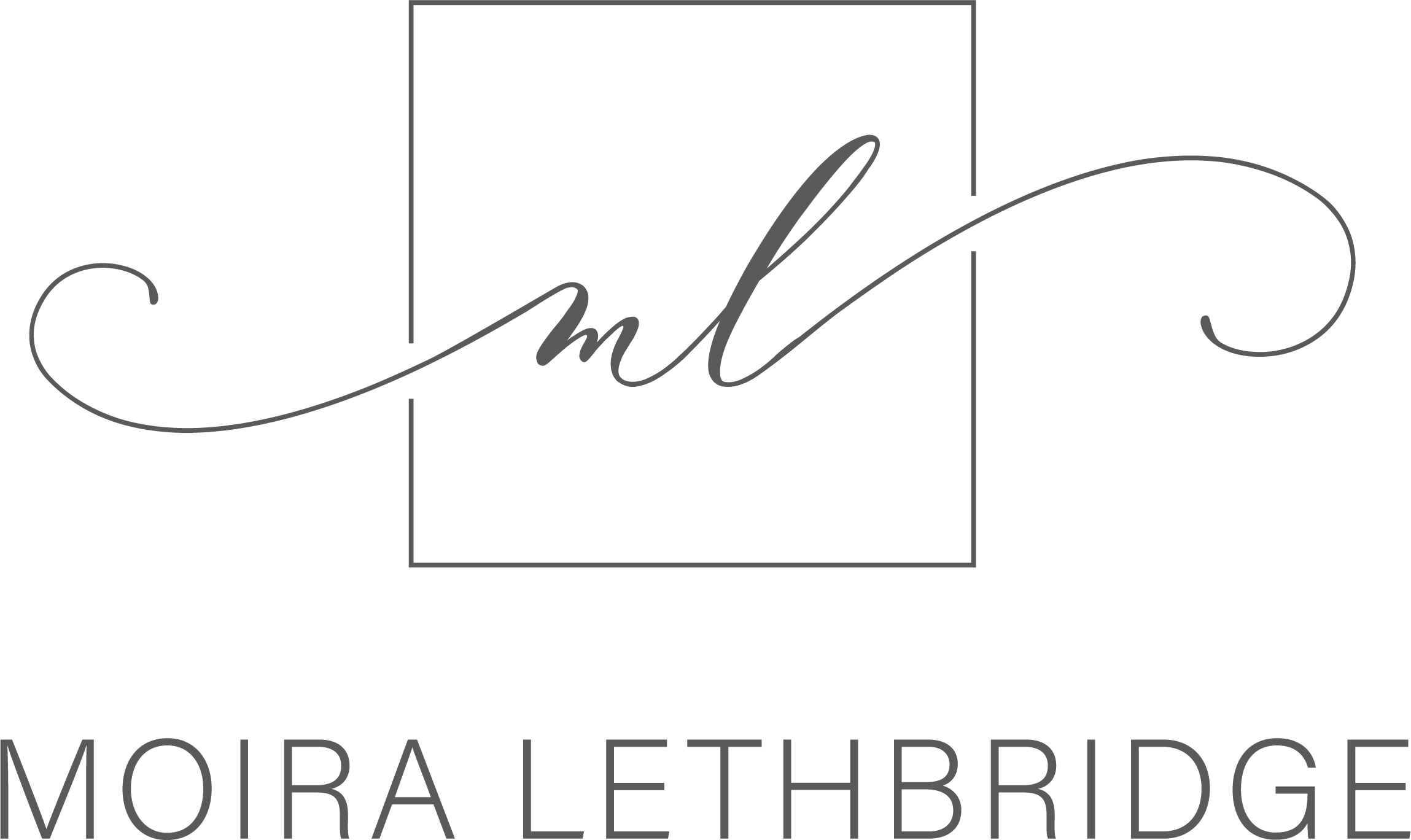By Moira Lethbridge & Toni Collis
Most of us want to perform at high levels at work and home. However, you must choose where to spend your time, energy, and focus.
We want to be successful, accomplished, healthy, and connected with friends, family, and community. We want to contribute, feel good, and get ahead. Juggling a million balls seems doable. Passion to achieve is admirable. But does it drive you to overwork, take on too much, react to what’s most pressing, and say yes to most requests? When passion crosses over to unrealistic expectations of what you can accomplish in a day it affects your credibility and chances for advancement.
For example, when people get too busy, they may become irritable with others. If a colleague stops for lunch, those who take on too much think, “How can they take time to eat? Can’t they see how busy I am?” It’s the battle cry of the stressed and exhausted. Being busy is seen as a badge of honor in our society, yet we pay a price for it. So does our career.
Leadership qualities of influence, persuasion, and strategic thinking require intentionally choosing where to spend your time, energy, and focus. Taking on too many limits your decision-making abilities and keeps you constantly reacting. Successful leaders stop trying to do it all so they can make their highest contributions towards the things that really matter.
If you read last week’s blog post you hopefully now know the high cost of decision-making on your career progression, happiness, and overall success. The result of being decision overwhelmed is often having superhuman expectations — we become unrealistic because making the decision to drop something feels too hard.
GET CLEAR ABOUT YOUR EXPECTATIONS
Living is not about how to get more things done; it’s about how to get the right things done. To do this, you must make trade-offs by design, not by default.
From the book, Essentialism: The Disciplined Pursuit of Less, by Greg McKeown, trade-offs Involve two things you want (usually two good things), represents a significant opportunity, and are to be embraced and made strategically, thoughtfully, and deliberately. They are real. You can avoid them but you can’t escape them.
Time and time again, we’ve seen the following is true for all successful leaders:
- They see trade-offs as an inherent part of life, not as an inherently negative part of life
- They give themselves permission to stop trying to do everything
- They focus on what is vital to make meaningful contributions in core areas of their work and life
- They analyze trade-offs and say no to the nonessential, thereby taking control of their work and living a more satisfying life
- They make trade-offs deliberately
EXPECTATIONS CHECKUP
An expectation is a belief about what will happen in the future. Expectations frequently guide your behavior and shape your reality.
Unrealistic expectations assume a level of control that you don’t actually have in a situation. They give you a false sense of protection. You may believe that if you loosen your expectations, other people will take advantage of you. Instead, focus on how people treat you in the present moment. This gives you more information about your safety than unrealistic expectations do.
Check to see if you have unrealistic expectations:
- Do I expect to get things right the first time?
- Am I overly critical of myself?
- Do I set goals according to other people’s expectations?
- Do I take on too much?
- Do I expect myself to be at 100 percent all the time?
- Do I resent others when they do things like go to a yoga class or stop for lunch?
- Do I get caught up in the cycle of my daily to-do list and not spend any time thinking about whether I am happy or could be happier?
- Do I feel uncomfortable saying no to authority figures and colleagues?
Question your expectations of yourself. Ask whether your expectations align with your values, needs, and who you are as an individual. If not, you may have them to please others.
When you become aware and accept that you may have unrealistic, superhuman expectations about what you can accomplish in a day you have a starting point for creating a plan toward attainable, balanced success. You have the power to make choices in how you measure yourself as successful that are based on reality and how choose to spend your time accordingly. This frees you to accomplish more in a purposeful way.
You’ll gain clarity about what’s realistic to accomplish in a day and make intentional choices about how to spend your precious time and energy. This reduces overwhelm and exhaustion. It helps you regain your certainty and self-confidence. You have more objectivity and a clearer perspective on your life which allows you to make different choices in how you will spend your time. You act with greater purpose and accountability on the things that matter most to you.
If you are ready to work on letting go of unrealistic expectations, join me and Toni Collis on LinkedIn for a special three-part series on ‘Getting Ready for the End of Year’, starting Tuesday, September 27th, where we will dig into how to focus on the right kind of decisions and much more to ensure you end 2022 on a high. No need to sign up, just join us live here.





